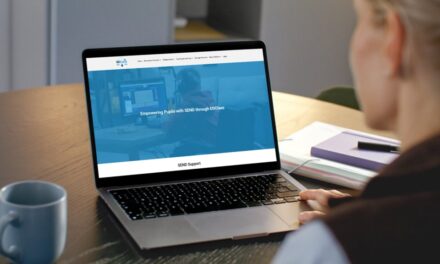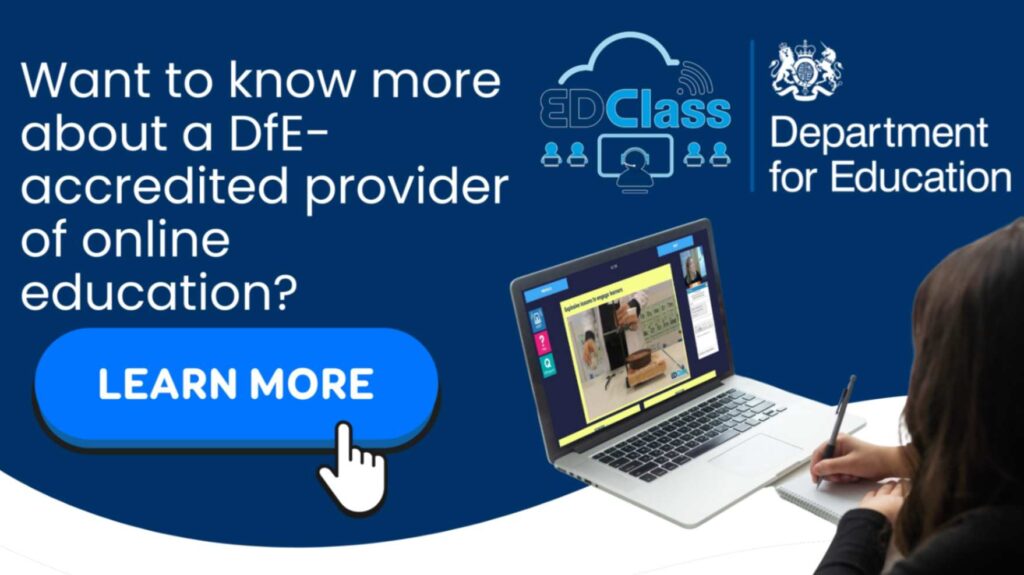Learners with special educational needs and disabilities (SEND) require a more tailored approach towards their education. This academic year has presented similar yet new challenges. SEND learners have struggled to access high-quality support, and their safety has been at peril, which needs to be addressed in the new academic year.
“Nearly one in five pupils in England are receiving support for special educational needs (SEN) in the classroom, according to government statistics.”
“Children with special educational needs or disabilities (SEND) or certain medical or physical health conditions can face additional safeguarding challenges both online and offline. Governing bodies and proprietors should ensure their child protection policy reflects the fact that additional barriers can exist when recognising abuse, neglect and exploitation in this group of children.”
Over the summer, the loss of routine and structure can easily lead to SEND learners spiralling out of control, resulting in them being far behind their peers when they return to education. Therefore, let’s take a look at three essential tips that parents and educators can embed over the summer period to keep SEND learners engaged, encouraged, and confident when they return to school.
1. Maintain a Consistent (Yet Flexible) Routine
One of the biggest hurdles for SEND learners during the summer is the sudden loss of school-day structure. Predictability is incredibly important for many SEND learners, as it reduces anxiety and helps them manage expectations.
Initially, you could ensure that these children wake at the same time each and every day, just as on a school day. This can then coincide with various learning throughout the day, combined with regular exercise. SEND learners can then continuously develop, benefitting their physical and mental health over the summer.
2. Integrate Learning into Everyday Activities
Learning doesn’t have to stop just because school is out. Summer offers a fantastic opportunity to make learning fun and experiential, often outside of a formal classroom setting.
Try to understand what a certain SEND learner likes and what interests them. This can accommodate their specific learning styles and patterns, and then you can subtly implement learning whilst they are doing activities they are doing.
- For maths, you can invite them to engage in cooking or baking and measuring ingredients develops their numeracy skills.
- For English, you could read together with a thrilling book. Alternatively, you could practice conversational skills when playing a simple board game.
- For science, take a trip to a local park, aquarium, zoo or anywhere which is colourful and bustling with various activities. Not only will children encounter new animals or environments, but they’ll also gain confidence by going out in public.
3. Prioritise Social Emotional Wellbeing and Skill Maintenance
The summer break is not just about academic retention; it’s also a crucial time for social-emotional development and maintaining life skills. For SEND learners, opportunities for social interaction might decrease without the school environment.
To mitigate this, you could enrol them in a SEND-friendly summer club or find opportunities where they can build their conversational skills. Whatever you do, make sure to enjoy the summer as much as possible!
Use EDClass to your advantage
EDClass, as the ‘Supplier of the Year 2025’ and a trusted DfE-accredited provider of online education, can help support SEND learners to fulfil their educational potential. During school time,
EDClass can help embed a structured routine, provide engaging learning activities and elevate the wellbeing of SEND learners.
Over the summer, all of the lesson resources are still available to use for any learner who is with a school signed up to EDClass. This could be used for revision, catch-up, or simply to engage in various lessons for educational and entertainment purposes. The platform also includes several customisable layouts, accommodating the specific needs of SEND learners.
If you’d ever like to learn how EDClass operates and how it can effectively support SEND learners, call 01909 568338, email mail@edclass.com or book a free online demonstration here.










